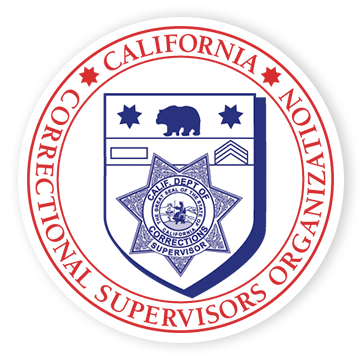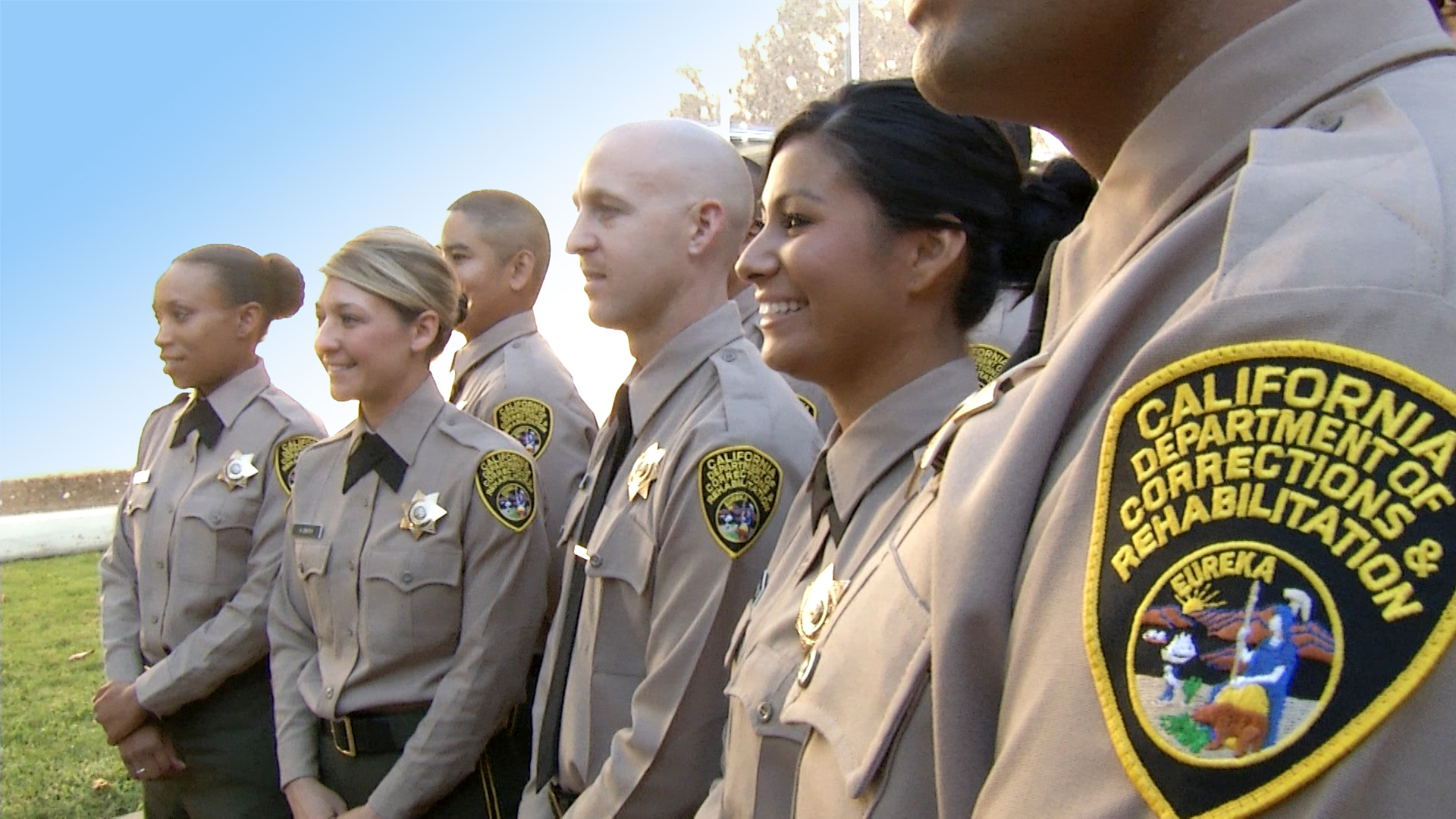Summary/Update on the Walk Time Unpaid Overtime Cases:
The plaintiffs are actively pursuing sergeants and lieutenants unpaid overtime claims, following the California Supreme Court ruling last year. The litigation is proceeding, and picking up steam, in the San Francisco Superior Court.
As we know, the State treats activities after tool pick-up as compensable for officers and yet does not compensate supervisors for this time. In addition, new case law supports the position that time from the point of entry to the facility may be compensable under federal law.
After the last Case Management Conference before Judge Andrew Cheng, the new judge assigned to our case, he ordered:
- Deposition Testimony from Selected Sgts & Lts: Both sides are close to agreeing on a representative set of 10 prisons from which selected sergeants and lieutenants will be deposed. The idea is for both sides to agree on ‘typical prisons’ that are representative of other prisons. A small number of sergeants and lieutenants from each selected prison may be deposed regarding their work activities, particularly at entry and exit. Our goal is to complete most of the depositions by the end of the year, but that is uncertain at this point. We have contacted and are preparing Sgt. and Lt. candidates to provide deposition testimony. The depositions will occur via video.
- Time Study: Due to the COVID-19 outbreaks in the prisons, no “time and motion” study of the amount of time spent on pre and post shift tasks has yet occurred, and it is unknown when we will have access to the prisons to begin these measurements.
- CDCR/CalHR’s motion to ‘decertify’ the class: The attorneys for CDCR/CalHR have informed the Court that they plan to seek to ‘decertify’ our class, based on their belief that the pre and post shift tasks are too individualized at each prison and each post. The State already LOST this issue, TWICE, earlier in the case. CDCR/CalHR also plans to argue that some of the tasks involve minimal time (are ‘de minimis’) and can be ignored. We contend that the compensable pre and post shift tasks at issue in the case are the same at each prison, and the time spent on the tasks is not minimal; moreover, it recurs daily, which even the State’s own policies recognize makes the time compensable. The Judge set the deadline for CDCR/CalHR to file this motion as January 29, 2020. However, because we will be entitled to conduct a time and motion study to refute the State’s de minimis argument, the motion will likely be delayed unless we can access the prisons to conduct our study.
- Mini-Trial to decide which pre and post shift tasks are compensable: We have asked the Court to hold a ‘mini-trial’ before the Judge to decide which of the pre and post shift tasks are compensable—which is the next logical step in the litigation. The Judge decided, for now, that CDCR/CalHR’s motion to decertify the class should happen first, but he will reconsider this issue at the next Case Management Conference in December, particularly if the COVID crisis continues to delay our time study.
- Mediation: While the attorneys for CDCR/CalHR contend it is too soon to go to mediation, the Judge ordered both sides to mediate on October 21, 2020.
We will provide further status reports as the litigation continues.




